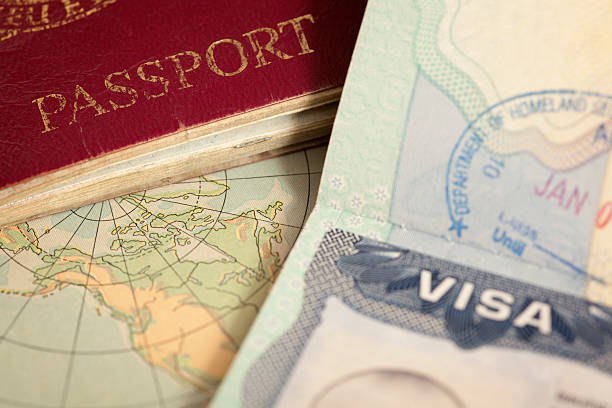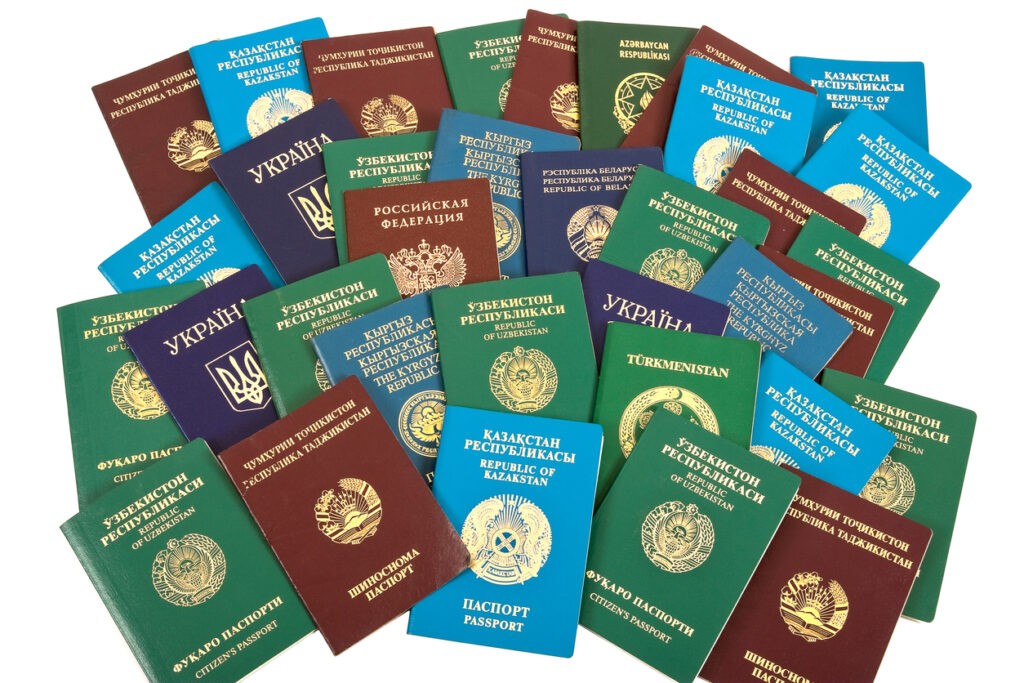Russian Foreign Ministry Opposes Visa Regime for Central Asian Countries
Russia’s Foreign Ministry has voiced opposition to the introduction of a visa regime for citizens of Central Asian countries, Foreign Minister Sergey Lavrov stated during a session at the State Duma (Russia’s parliament). Lavrov emphasized that tightening Russia’s approach to labor migrants from Central Asia “would not serve our long-term interests.” While acknowledging concerns over violations committed by migrants in various regions, he argued that increased oversight, not additional barriers, was the appropriate response. “We believe that enhancing control over their activities is necessary, but erecting barriers, let alone introducing a visa regime, is not the right course of action,” Lavrov stated. Lavrov noted that Russia’s latest measures regarding migration aim to improve monitoring rather than obstruct labor migration. “We have held multiple meetings with ambassadors from Eurasian Economic Union (EAEU) member states to discuss their concerns and clarify our policies. The EAEU’s founding documents guarantee equal rights for all member states' citizens, allowing them to enter Russia without formal invitations or prior declarations of employment. However, these provisions now require further clarification. Authorities must track migrant arrivals, verify their employment status, and ensure compliance with Russian law. I am convinced this can be done without creating artificial obstacles in relations with our closest allies,” Lavrov stated. In contrast, some Russian politicians have called for stricter migration controls. In late March 2024, just days after the deadly terrorist attack at Moscow’s Crocus City Hall, Sergei Mironov, chairman of the A Just Russia - For Truth party and head of its State Duma faction, proposed introducing a visa regime with Central Asian states. Mironov argued that such a policy “should in no way be regarded as an unfriendly gesture toward our neighbors” and expressed hope that Central Asian governments would understand the rationale behind the move. For the past 30 years, Russia has been the primary destination for hundreds of thousands, if not millions, of labor migrants from Central Asia. However, economic challenges, stricter migration policies, and growing anti-migrant sentiment in Russia have increasingly pushed many workers to seek opportunities elsewhere.






